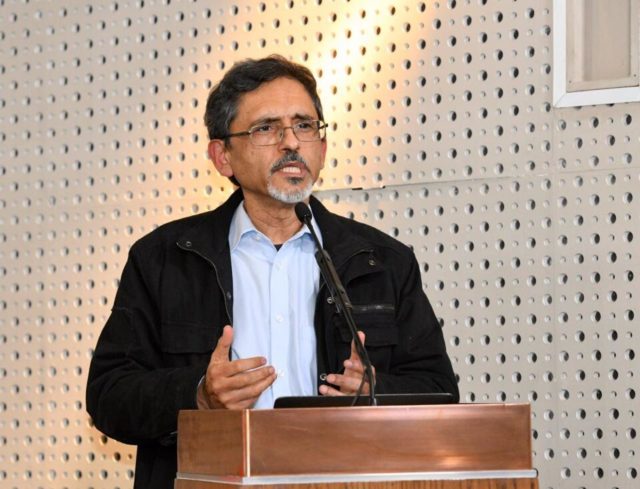If country avoids sharp increase in Covid-19 infections, the economy can shift to Level 3 as soon as possible
TRADE, Industry and Competition Minister Ebrahim Patel has told parliamentary committees that South Africa need not remain at level 4 of the Covid-19 lockdown for a specific number of weeks, but can move rapidly to a lower level should risks be mitigated.
The portfolio committee on trade, industry and competition, together with the select committee on trade and industry, economic development, small business, tourism, employment and labour, heard that should the country avoid a sharp increase in the levels of infection with the return to work of large numbers of workers and expanded testing and health care facilities, the economy could shift to Level 3 as soon as possible.
South Africa has been under a five-week national lockdown, which was eased on Thursday, with the introduction of a five-level phased approach to easing the lockdown. The country moved to Level 4 lockdown as of Friday, May 1. The lockdown was imposed by the government to curb the rapid spread of the coronavirus.
The committees heard that the initial return to work will be based on the national level, but will progressively be expanded to provincial and district level, enabling workplaces to adapt to the levels of infection and health care readiness in localities.
Patel emphasised that the Covid-19 pandemic will impact the South African economy deeply, due to the closure of many companies during Level 5.
“Work is still under way to establish the extent of the impact. We are keen to restart as many economic areas as possible.”
The committees further heard that the department was taking responsible steps to deliberately reopen the economy in phases, with the safety of the South African people at the forefront of how that is done, in ways that allow livelihoods to be preserved and protecting the productive assets of the nation and sustaining as much of the economy as it can, while protecting lives.
The estimated impact on the economy varies at the moment, and will be driven by the trajectory of the virus both in South Africa and globally, said Patel. The International Monetary Fund (IMF) estimates that the gross domestic product (GDP) will fall by 5.8% in 2020, the SA Reserve Bank estimates that the GDP will fall by 6.1%, while the Industrial Development Corporation (IDC) estimates that the GDP will fall by 6.3%.
The committees were informed that the Competition Commission had received about 1 000 concerns and complaints. Many have already achieved closure in some cases where penalties were imposed or remedial action was taken. Some prosecutions are also pending. Furthermore, about 1 700 complaints were raised with the National Consumer Commission. The minister said the department was trying to find a balance between due process and the right of the public to be heard.
The committees heard that the R500 billion Covid-19 stimulus package that was announced by President Cyril Ramaphosa is not an elitist package as it includes the Unemployment Insurance Fund (UIF), which is an “absolute lifesaver” for low-level paid workers.
Committee chairperson Duma Nkosi said it commended the responsible and decisive manner in which the government was dealing with the Covid-19 pandemic.
“We know that the lives of our people come first, and we will be guided by this principle. At the same time, we recognise the difficulty in the balancing act of keeping our people safe and reopening the economy, as these are interlinked.”
– African News Agency (ANA)







